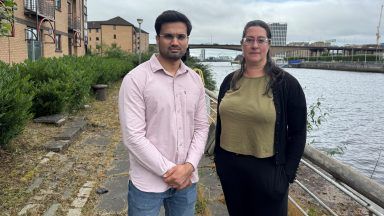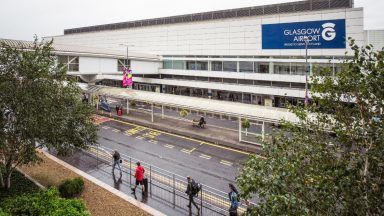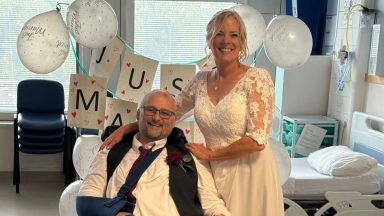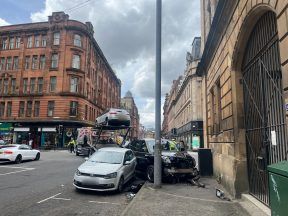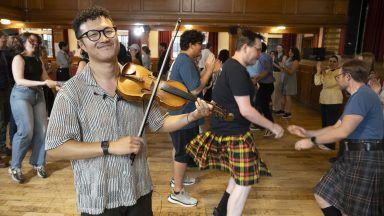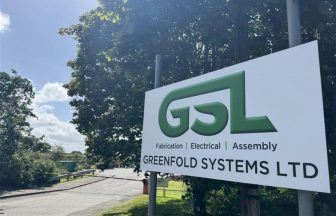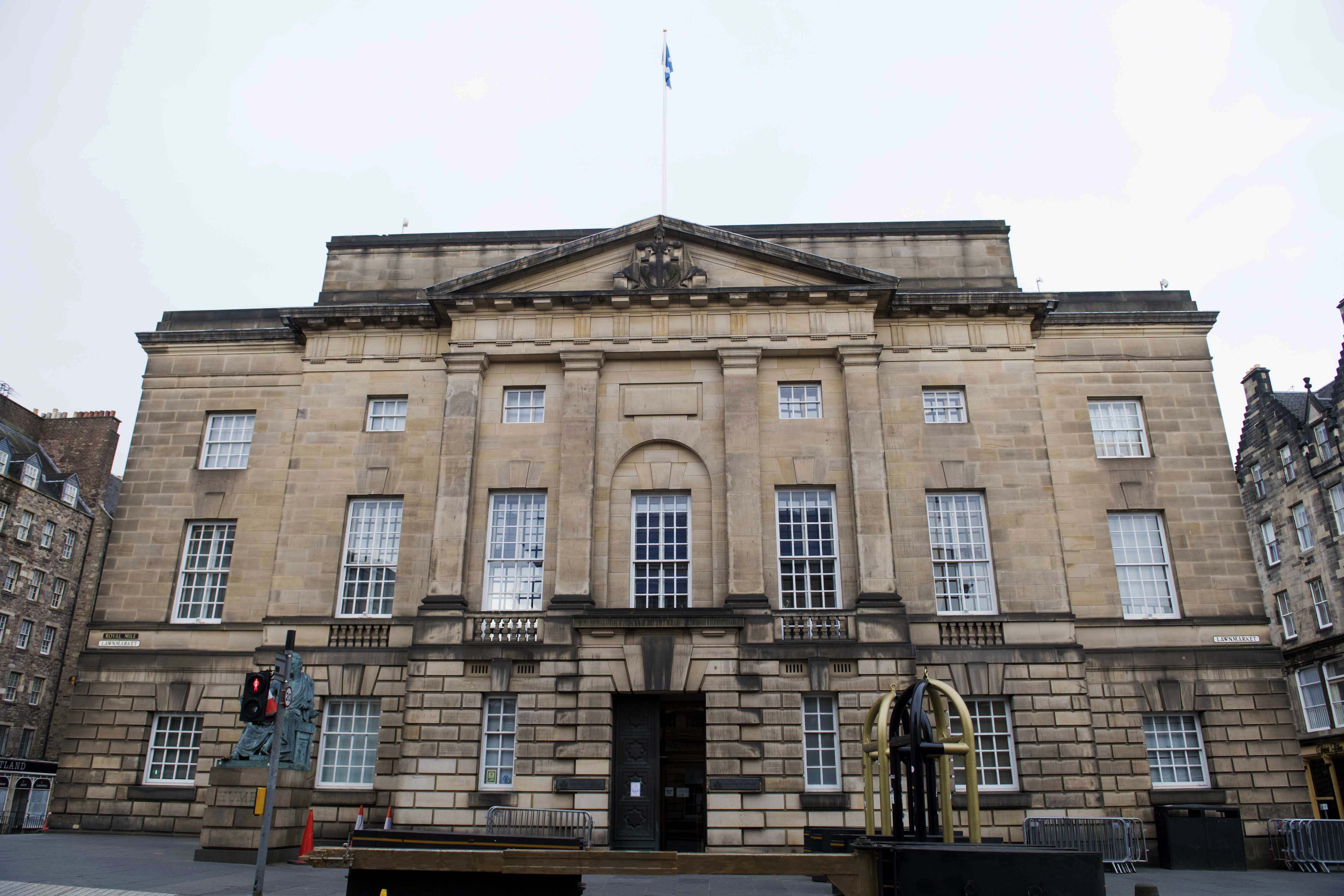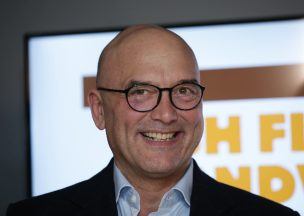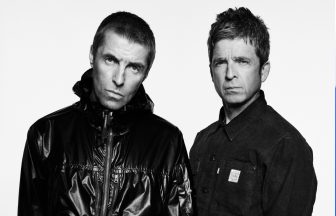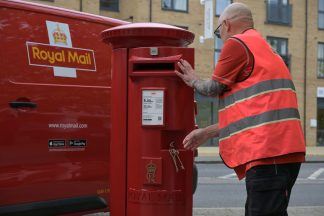School pupils in Scotland have been trying to negotiate a climate deal ahead of COP28 in Dubai.
More than 80 young people, including students from the Middle East, participated in a COP simulation in Edinburgh, playing the role of politicians and world leaders to strike a deal to turn back the dial on global warming.
Just like a real Conference of Parties, the students had to negotiate pledges that reduce reliance on fossil fuels while also delivering vital funding for developing countries on the frontline of the crisis.
“Students have been getting an insight into what the world leaders actually negotiate at COP28,” said Abigail Kumanan, from the British Council.
“They will find that it is not that easy. In the first round they get a flavour of it, but in the second round they will have to negotiate hard.”
Delivered with Learning for Sustainability Scotland and the University of Edinburgh, this debate was the first time the event has come to Scotland and the first in a series coordinated by the British Council in five cities across the UK.
During the negotiations, the pupils had to agree on a global strategy to reduce greenhouse gas emissions and successfully reduce global temperature rises to 1.5°C, with countries on target to reduce temperatures by 2030.
To do this, they used computer software developed by Climate Interactive and MIT to create a real-life climate simulation.
Rosie Zisman and Raphael Uddin from Boroughmuir High School in Edinburgh shared the role of United Nations Secretariat General.
Raphael said: “Today our aim was to reduce greenhouse emissions drastically and we just reached the target agreement for warming, bang on two degrees.
“We were able to work together, compromise, and reach this goal and no countries were left behind or lost out. It was also great to have schools from Egypt join us today, to hear about their experience during COP27 and to get an insight into the different issues, especially with COP28 coming up in Dubai”.
Rosie Zisman added: “We managed to reach consensus to fund $1bn in climate financing per year globally, which was a big win. At two degrees, we will still see dramatic increases in climate change.
“Today gave us just a flavour of what is possible and it is progress, but not our final destination”.
They were led by Professor Peter Higgins, Director of the United Nations University Regional Centre and Professor Dave Reay, Executive Director at the Edinburgh Climate Change Institute.
Professor Reay said: “It is extremely important that we have opportunities like this to maintain the conversation about the vital importance of keeping warming under 1.5 degrees.
“This event shows that while the global conversation on the climate crisis still falters, young people have the energy, drive and ambition to focus and ask the hard questions.”
Follow STV News on WhatsApp
Scan the QR code on your mobile device for all the latest news from around the country


